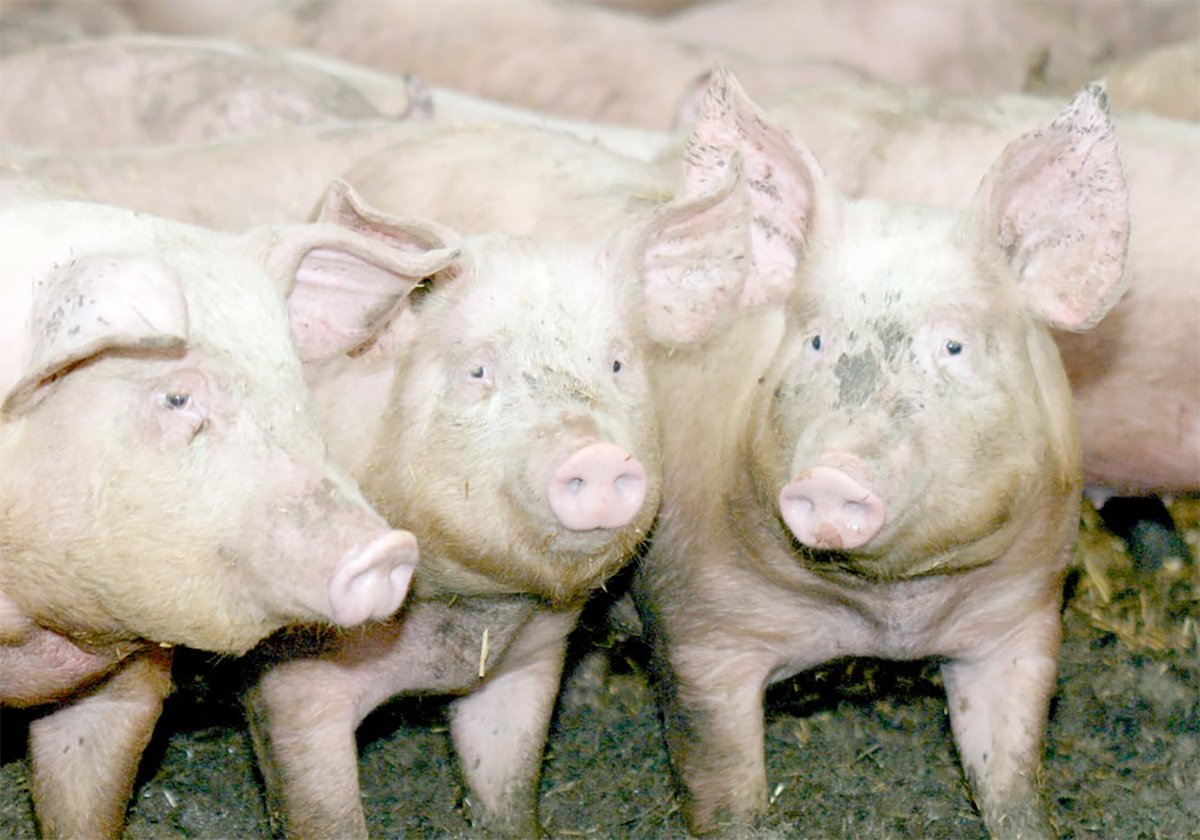RED DEER, Alta. – Farmers forced to apply for water licences under new legislation will have their right to use water back-dated, Alberta environment minister Ty Lund told reporters following the Alberta Cattle Commission meeting in Red Deer.
He said farmers concerned about who has the first right to use water in times of shortage will find most of these concerns addressed when the province’s water act is passed in the spring of 1996.
Alberta’s water act has been gestating for five years and has gone through two rounds of public input. The latest draft was circulated in public meetings led by the water management review committee consisting of agriculture, resource companies, wildlife, government and recreational water users.
Read Also

The Western Producer Livestock Report – November 13, 2025
Western Producer Livestock Report for November 13, 2025. See U.S. & Canadian hog prices, Canadian bison & lamb market data and sales insights.
Lund received the water committee’s final report June 22.
Water rights protected
Lew Fahner, Alberta’s controller of water resources, said existing agricultural water rights will be protected in the new law. Licences will be dated to the time the user started withdrawing water.
The Alberta policy since 1905 has been “first in time, first in right.” That is, the dates on the users’ licences determine who gets water first.
Fahner said proposals to pipe water from the northern river basins to southern regions of the province have been quashed. This movement concerned many who said the next step would be export sales of water to the United States.
“There is no intention to export water,” Fahner said.
The original water management act was written 100 years ago to ensure adequate water for agriculture in southern Alberta.
The new act encompasses a broader range of concerns including habitat preservation, pollution control and sharing of the resource among many users that include humans, animals and fish. It will also allow for regional management of water resources rather than total direction coming from the province.















